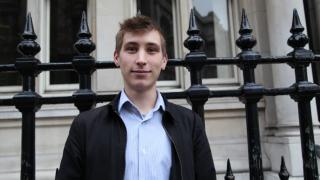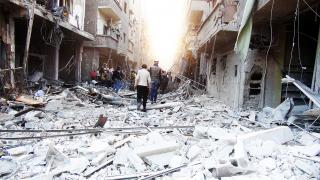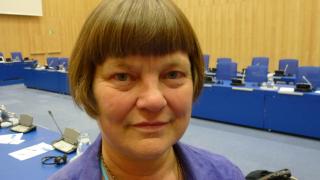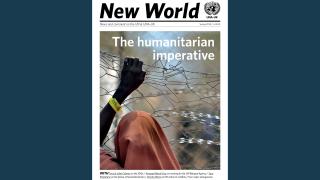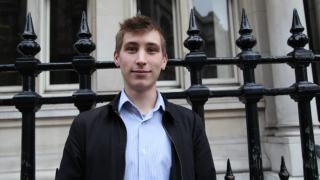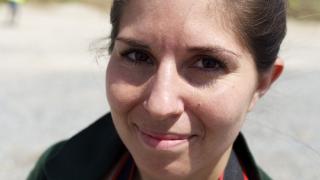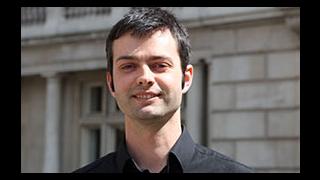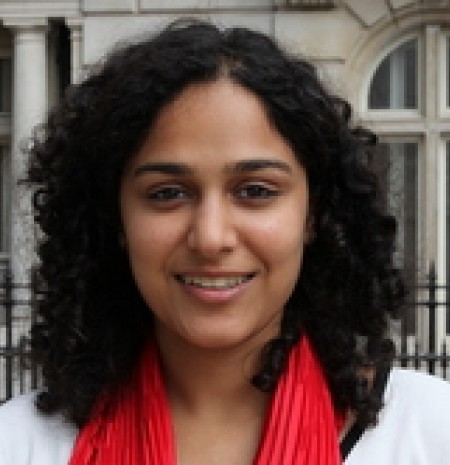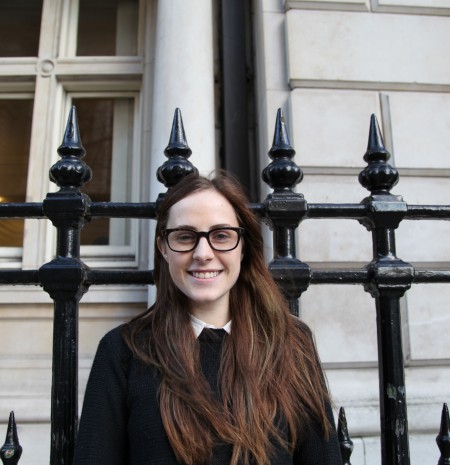
One of the most encouraging developments over the past decade has been the increased professionalism of civil society organisations (CSOs). In the humanitarian field, this stems from the gradual accumulation of experience on the ground, as they test what really works over more than the short term.
There is also a deepening recognition that the achievements of governments and international institutions are limited, and therefore that the scope for CSOs to fill the gap is growing (see Sara Pantuliano’s related piece).
The pursuit of peace, human rights and sustainable development really is becoming a partnership between different categories of actors, and I have seen plenty of evidence that governments understand and appreciate this.
The issue for CSOs is scale. No amount of experience can overcome the challenge of a widespread conflict’s impact on a large population. One of the most heart-breaking obstacles remains the difficulty of humanitarian access. Syria hits the headlines most frequently in this respect, for obvious reasons; but Sudan and South Sudan, DR Congo, Afghanistan, Iraq, the Central African Republic and many others continue to throw up persistent examples.
Is it inevitable that access will prove impossible, or just too dangerous, in the worst cases? Humanitarian workers, whether representing an international NGO or a grassroots network, already display remarkable courage in persevering to deliver help to conflict-ridden areas. But there is a limit to what we can reasonably expect from them. UN agencies and peacekeepers have always said they can only achieve results when the politics allow it and there is a recognised peace to keep.
As local and tribal identities assert themselves with increasing legitimacy, securing permission to operate from the de facto authorities on the ground is complicated. The government has to give permission for access of humanitarian supplies, but their opponents may hold sway over the localities where people are suffering the most. Politics can quickly trump basic human requirements.
Some progress has been made in establishing norms for putting people first in such circumstances, but enforcement remains limited. An opportunity was lost when arrangements were made for the removal of chemical weapons from Syria with no strong measures being threatened against any continuation of conventional attacks on civilian populations. The search for an end to the conflict immediately became more difficult. The recent adoption of UN Security Council Resolution 2139 was welcome but it has to be implemented on the ground.
Somehow the stakes must be raised for the Assads of this world, and their backers. Moscow had a “good” second half of 2013, yet stands as the principal cheerleader of the most brutal slaughter of civilians since Saddam Hussein. For all the complications of civil wars, the cost of not giving priority to the needs of ordinary civilians has got to rise for all sides involved. Short-term motivations must not be allowed to excuse humanitarian abuse, and accountability has to be seen to come later.
It is clear that no eventual victor by such methods will be able to govern with any legitimacy. That the UN can stand higher in the 21st century for determining international legitimacy than any power or group of powers, needs to be reinforced. Now that the voice of citizens, not least global citizens, has gained strength, governments implementing peace plans and humanitarian projects, and regimes resisting them, must be made to take note. Civil society should concentrate on delivering that message with vigour.
Sir Jeremy Greenstock is Chairman of the United Nations Association - UK and a former UK Ambassador to the United Nations.



